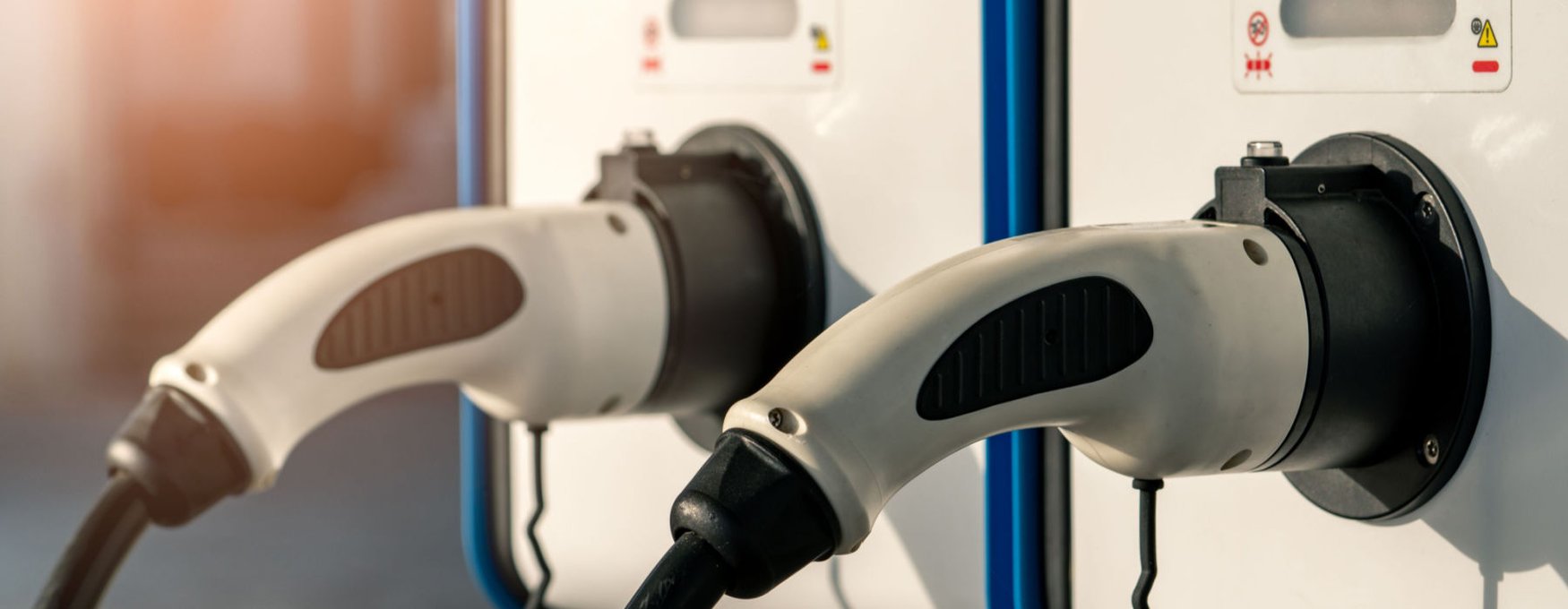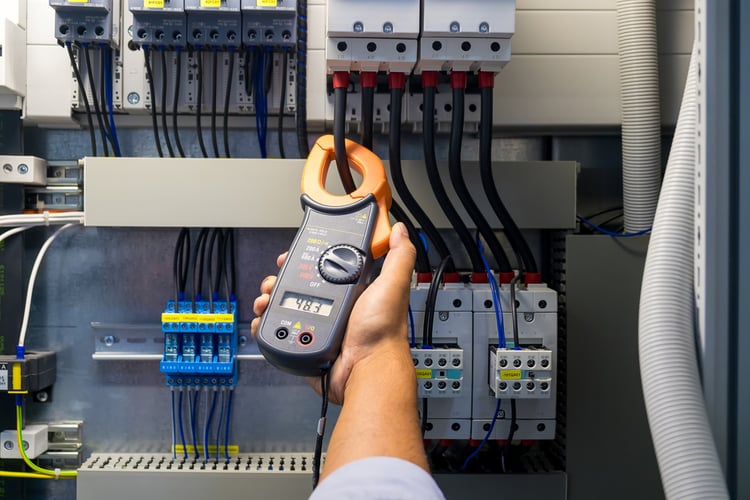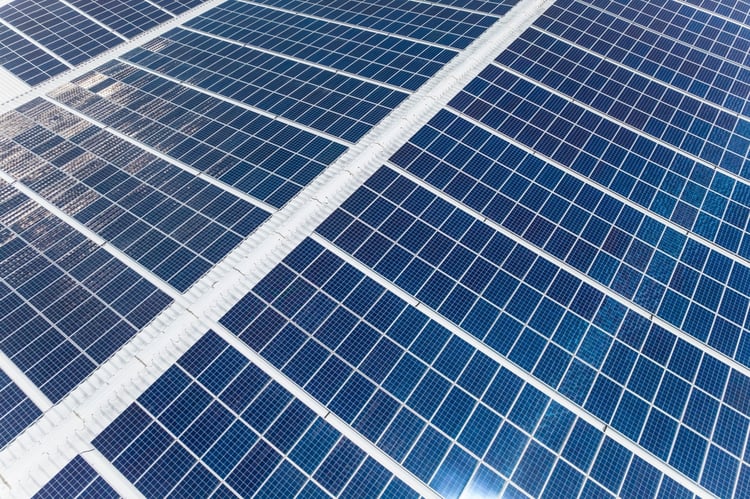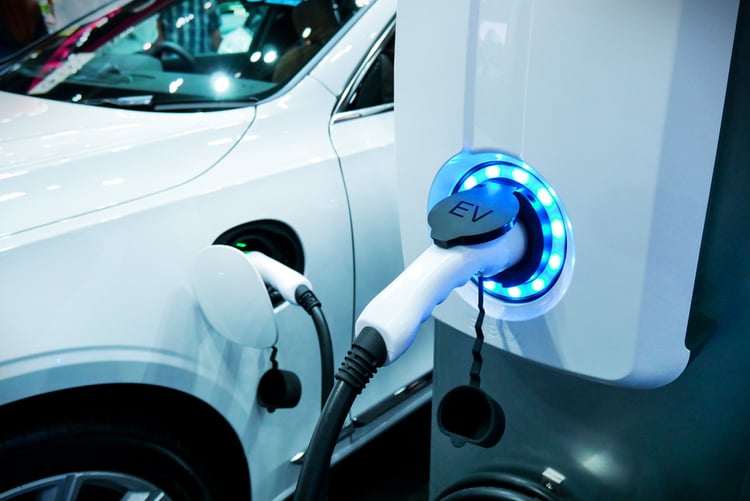3 Tips Before Starting an EV Charging Station Project

The US electric vehicle market is growing fast, and the demand for charging stations can be expected to follow the same trend. According to the US Department of Energy, the number of registered EVs increased from 1,019,260 to 1,454,480 during the year 2021, which represents a 12-month growth of over 40%.
If you own a commercial building, you have probably considered adding EV charging stations. The recharging service represents an income opportunity, and you’re also helping develop the necessary infrastructure to support a larger EV fleet in circulation. In this article, we provide 3 tips to achieve better results with your EV charging station project.
Get a professional EV charging station design, meet codes and qualify for incentives.
You can find EVs from many manufacturers, but the Tesla Model 3 and Model Y are currently leading in sales, with over 120,000 and 170,000 units sold in 2021 respectively. EV sales in general can be expected to grow faster after the Inflation Reduction Act, which improved existing tax credits while introducing new ones.

1) Get a Professional Assessment of Your Electrical Installations

EV chargers can add a considerable load to your building, and your electrical installations must be capable of meeting that load. This is especially true if you plan to install DC fast chargers, which can draw a few hundred kilowatts each. For example, a Tesla Supercharger V3 can provide up to 250 kW for an EV, which means that four units at full capacity can consume a full megawatt of power (1,000 kW).
Before installing EV charging stations on a building, you need to ensure the electrical service equipment and wiring can support them. The transformers, panelboards, main feeders and electrical protection devices in your building must have enough capacity for EV chargers. If your existing electrical systems are approaching full capacity, you will need an upgrade or a new installation exclusively for the charging stations.
You must also ensure that your EV charging station design is approved by the local building department. An experienced design and consulting firm like NY Engineers can help you meet local building codes, regardless of your state and city.
2) Consider a Commercial Solar Power System

US inflation reached a 40-year high in 2022, and electricity prices have also been affected. The Consumer Price Index Report for August 2022 shows an electricity price increase of 15.8% over a 12-month period. Electricity price data from the US Energy Information Administration shows a similar trend between July 2021 and July 2022:
- The average residential kWh price increased from 13.87 to 15.46 cents (11.5%)
- The average commercial kWh price increased from 11.51 to 13.15 cents (14.2%)
If your building is fully dependent on the grid, and you install several EV chargers, they can have a notable impact on your electricity bills. However, a solar power system can help cover your building’s consumption - including the energy drawn by the new charging stations.
You can save on EV charging with solar panels even if there is no power generation when visitors connect their vehicles. Many electric companies now offer net metering, which means that surplus generation from solar panels can be subtracted from the consumption measured by the power meter. If your commercial solar array is sized properly, power bills will decrease even if generation and consumption don’t happen at the same time.
3) Make Sure You Qualify for EV Charging Station Incentives

Depending on your building’s location, EV charging stations may be eligible for cash rebates, tax credits and other financial incentives. Many state governments and electric companies manage energy incentive programs, and they may cover Electric Vehicle Service Equipment (EVSE) such as charging stations. NY Engineers can make sure your EV charging station qualifies for these benefits, reducing your upfront costs and improving your return on investment.
The EV Charging Action Plan announced by the Biden Administration has the goal of deploying 500,000 charging stations throughout the country. There is a $7.5-billion budget to kickstart EV charger installations: $5 billion for states who submit EV charging infrastructure plans, and $2.5 billion for key corridors and communities. These funds can lead to the creation of new incentive programs.

Michael Tobias
Michael Tobias, the Founding Principal of NY Engineers, currently leads a team of 50+ MEP/FP engineers and has led over 1,000 projects in the US
Join 15,000+ Fellow Architects and Contractors
Get expert engineering tips straight to your inbox. Subscribe to the NY Engineers Blog below.



